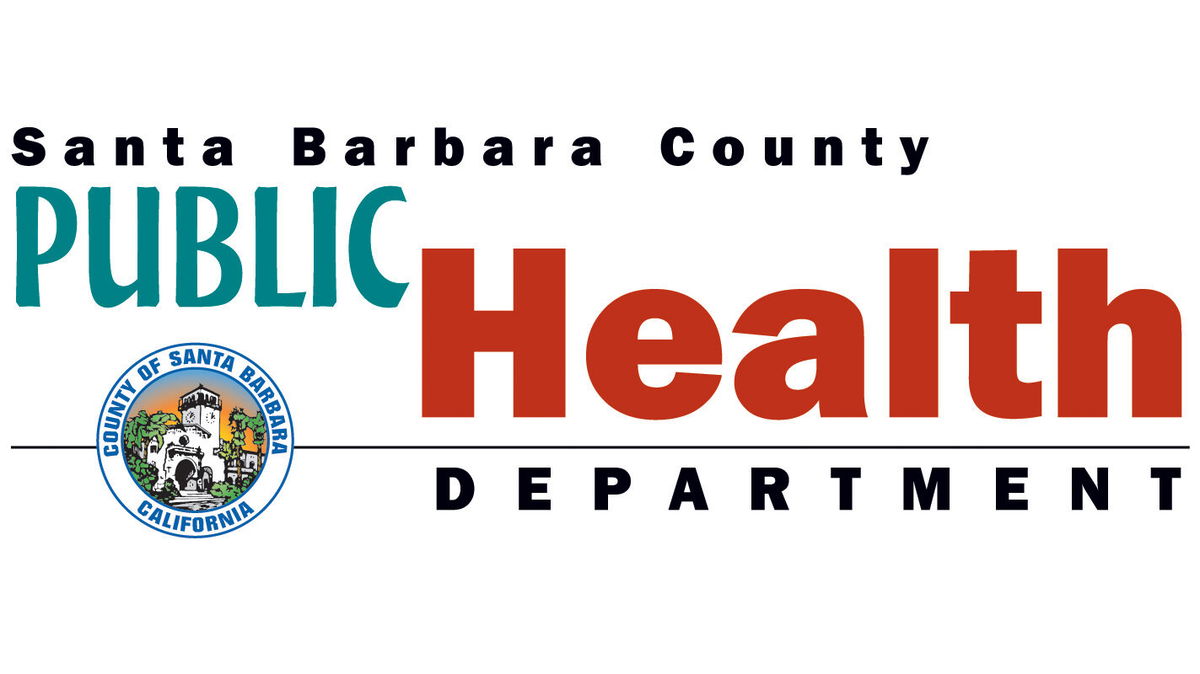Bird Flu detected in wild birds throughout Santa Barbara County

SANTA BARBARA COUNTY, Calif.– The Santa Barbara County Public Health Department has detected isolated cases of "bird flu" in wild birds throughout the county, but no cases have been detected among poultry farms in Santa Barbara.
County officials advise commercial and domestic bird owners as well as owners of backyard poultry to adhere to the following HPAI recommendations to protect their flock.
- Prevent contact between domestic and wild birds by bringing your birds into an enclosure that is covered.
- If you have bodies of water on your property, such as ponds or ditches, consider draining them to avoid attracting wild birds and keep your domestic birds away from this potentially contaminated water.
- Use sanitized well or city water for your birds.
- Wash your hands before and after handling your birds, including when handling birds from coop to coop.
- Prevent rodents and predators from entering your coop.
- Prevent pets such as cats and dogs from eating dead wild birds.
- Keep feed covered and spills cleaned up to avoid attracting wild birds and rodents.
- Wash and disinfect boots and equipment when moving between coops.
- Do not share equipment or supplies with neighbors.
- Clean and disinfect equipment and other supplies between uses.
- Clean and disinfect your shoes and vehicle tires after visiting feedstores and other places frequented by other poultry owners or wild bird hunters.
- Avoid visiting places where wild birds congregate, such as lakes and ponds.
The avian influenza (i.e. "bird flu") is found in some areas of wild waterfowl that can infect chickens, turkeys, pheasants, quail, ducks, geese, guinea fowl, and various bird species.
The county public health department says the risk to the public is low at this time, but remind residents to avoid direct contact with wild birds especially those that appear ill or dead.
According to the HPAI, "bird flu" infection is rare in human, but can cause infections in humans from no symptoms to severe sickness
Please report any unusual or suspicious numbers of sick or dead domestic birds immediately to the California Department of Food and Agriculture’s Sick Bird Hotline at (866) 922-2473; report any unusual or suspicious dead wild birds to the California Department of Fish and Wildlife online at www.wildlife.ca.gov/Conservation/Laboratories/Wildlife-Health/Monitoring/Mortality-Report.
